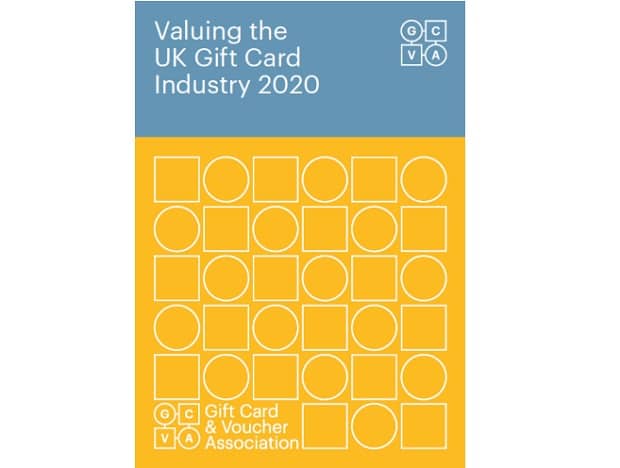
The Valuing the Gift Card Industry 2020 research, supported by Blackhawk Network, found that the industry is now worth £6.9 billion* – up from the previous estimated value of £6 billion.
Reflecting rising consumer awareness around sustainability, digital gift cards are becoming increasingly popular among consumers, making up more than a third (36.5%) of the overall business-to-consumer (B2C) gift card market. Highlighting the enduring importance of gift cards across various age demographics, Generation X (age 35-54) were found to be the most frequent purchasers of gift cards, making up 37.7% of the market. This was followed by Baby Boomers (age 55+) at 37.1% and then younger demographics (age 16-34) at 25.1%.
Gift cards also play an increasingly-important role in boosting customer engagement, with 59% of respondents being introduced to a new brand for the first time after receiving a gift card for that brand.
The study also revealed that consumers tend to spend an additional 35% above the gift card value, bringing the total value of gift cards spent in 2019 to as much as £9.25 billion.
Retail gift cards continue to dominate the market, representing just over 60% of total gift card purchasing expenditure (£2.8 billion). However, multi-store gift cards have also seen a rise in popularity, representing just over 17% of consumer gift card expenditure in 2019. The growth of multi-store gift cards was also reflected in the GCVA’s 2019 State of the Nation research, which found that 40.2% of shoppers had purchased a multi-store gift card, up from 37.5% in 2017.
Furthermore, GlobalData predicts that the gift card industry is set to grow further over the coming years, with the total value of the market forecasted to hit £8.71 billion by 2025 – an increase of almost 25% – which is set to be driven by the rapidly-growing B2B gift card market.
The research, which surveyed 2,000 UK consumers, was commissioned to explore shopping habits in the gift card market, across both business-to-consumer (B2C) and business-to-business (B2B) markets.
Gail Cohen, director general of the GCVA, commented: “Gift cards are an invaluable customer loyalty and engagement tool that hold many benefits for businesses and consumers alike, and it’s fantastic to see their contribution properly recognised.
“If this latest research shows anything, it’s that retailers and other businesses looking to attract and retain customers simply cannot ignore gift cards any longer, with their importance and relevance to consumers only growing over time.
“However, it’s not enough to simply have a gift card programme. Retailers must pay attention to changing consumer trends and expectations to defy the wider high street downturn and stand out in a volatile marketplace – the rising consumer appetite for more environmentally-friendly digital gifting solutions being a prime example of this.”
Matt Howe, EMEA managing director at Blackhawk Network, said: “We alrady know retailers and consumers alike love gift cards, and with good reason, so it’s great that this latest research reinforces it. Supporting this research is very important to us as a business, as we continue to drive globally branded payments across retail, B2B and incentive solutions.
“Gift cards offer shoppers the flexibility to shop when, where and how they like, whether treating themselves, or buying for a loved one, so it’s no surprise to see them growing in popularity. Particularly given gift cards’ proven capacity to boost in-store basket values, footfall for high street retailers, and engage and retain customers or staff, it is vital that businesses are taking full advantage of the myriad benefits gift cards offer.”
For more information, visit www.gcva.co.uk
